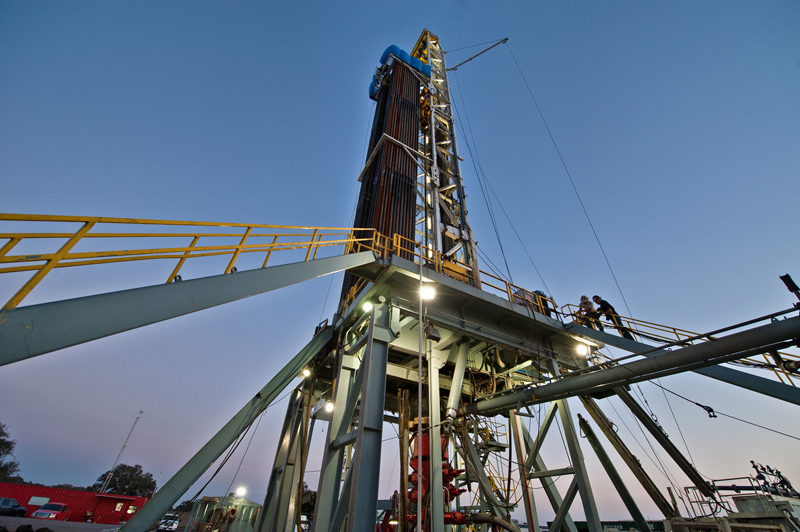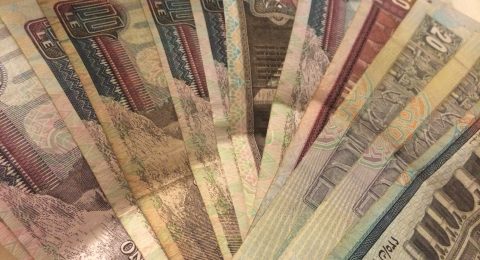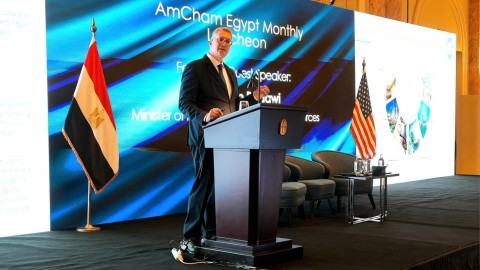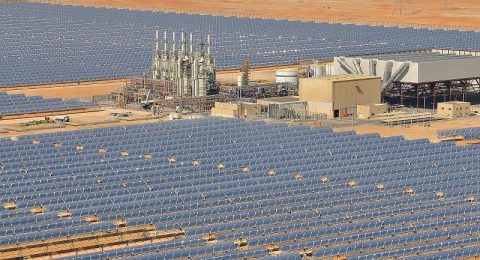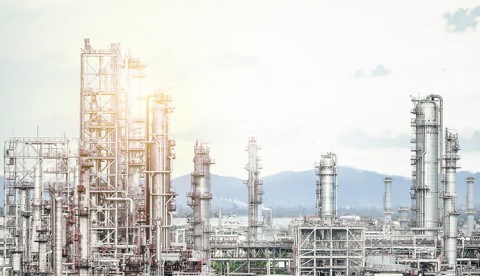A group of private customers in Egypt have agreed to buy at least $1.2 billion of natural gas from Israel’s offshore Tamar field via an old pipeline built to send gas to Israel.
The Tamar partners said on Wednesday they signed a seven-year deal with Dolphinus Holdings, a firm that represents non-governmental, industrial and commercial consumers in Egypt, that calls for a minimum 5 billion cubic metres (bcm) of gas to be sold in the first three years.
One energy source in Israel, however, said the total export amount in the deal could be more than three times higher, depending on demand in Egypt, which is facing an energy crisis.
The supplies will pass through an underwater pipeline constructed nearly a decade ago by East Mediterranean Gas (EMG), the company that oversaw a now-defunct Egyptian-Israeli natural gas deal.
Egypt had been selling gas to Israel in a 20-year agreement, but the deal collapsed in 2012 after months of attacks on the pipeline by militants in Egypt’s lawless Sinai peninsula. It has since been out of commission and EMG is suing the government of Egypt for damages.
Recent offshore discoveries such as Tamar, with an estimated 280 bcm of gas, and Leviathan, which is more than twice as big, have turned previously import-dependent Israel into a potential energy exporter. Egypt has been slow in developing its own sizable gas resources and is seeking numerous import options.
Tamar’s shareholders that are traded in Tel Aviv – Delek Drilling, Avner Oil and Isramco Negev – were up 4-5 percent, outpacing modest gains in the broader market.
Texas-based Noble Energy is the field’s operator.
The chairman of Delek Drilling, Yossi Abu, said the deal shows that Israel can be “an energy anchor for countries in the region” and that, along with a pipeline of export agreements under negotiation, it will “radically change Israel’s geopolitical status.”
The Dolphinus deal is linked to the price of Brent and is subject to various approvals in Israel, Egypt and from EMG.
Noble and Delek, who are also developing Leviathan, have been negotiating two larger export deals with foreign operators of liquefied natural gas plants in Egypt, but those deals have been on hold since Israel’s competition regulator said it might declare the developers a monopoly.
Source: Reuters
